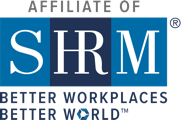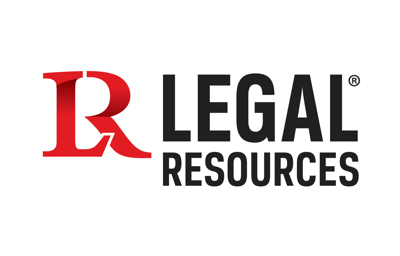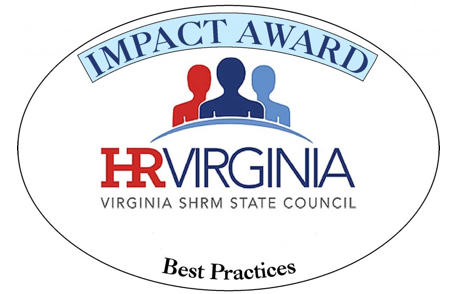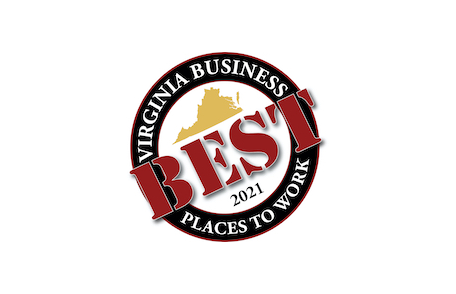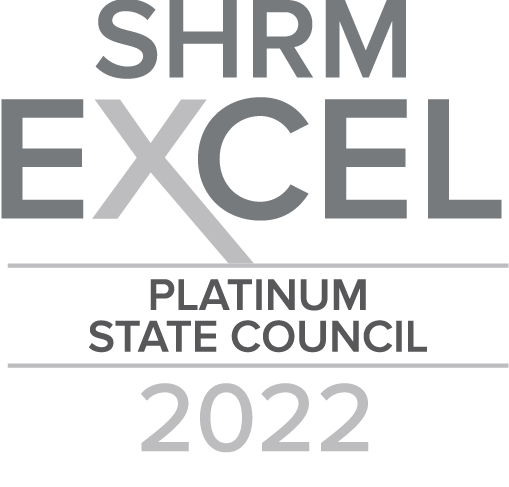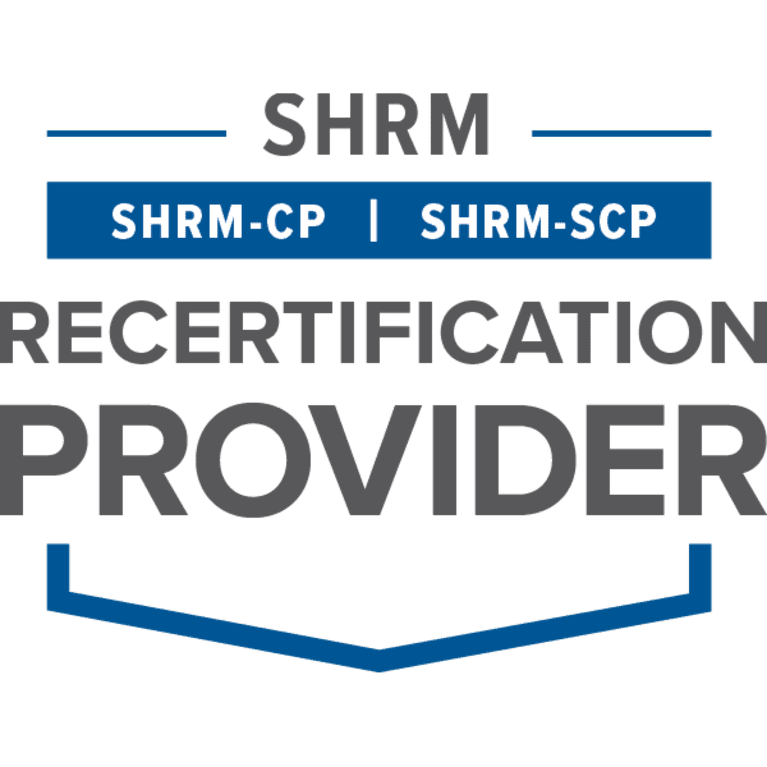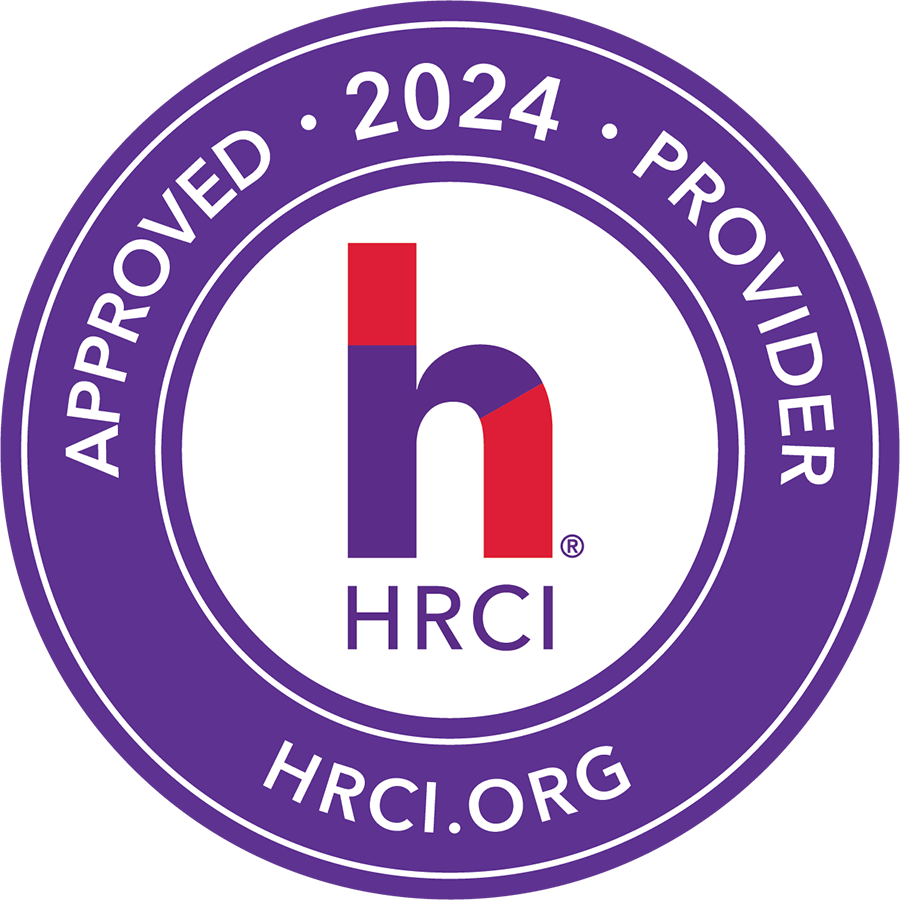
Social Media
HR Virginia Social Media Sponsor
Legal Resources offers an exclusive network of local primary care law firms to assist employees with all life’s legal matters. Legal Resources has been the leading provider and administrator of group legal services for almost 30 years. Today, they serve over 1000 employer groups and serve their employees nationwide. Find more resource links below.
Learn more about Legal Resources HERE
Check out the Legal Resources Blog HERE
Check out the Legal Resources Video Library HERE
Follow Legal Resources on Socials!
Follow HR Virginia on Socials!

